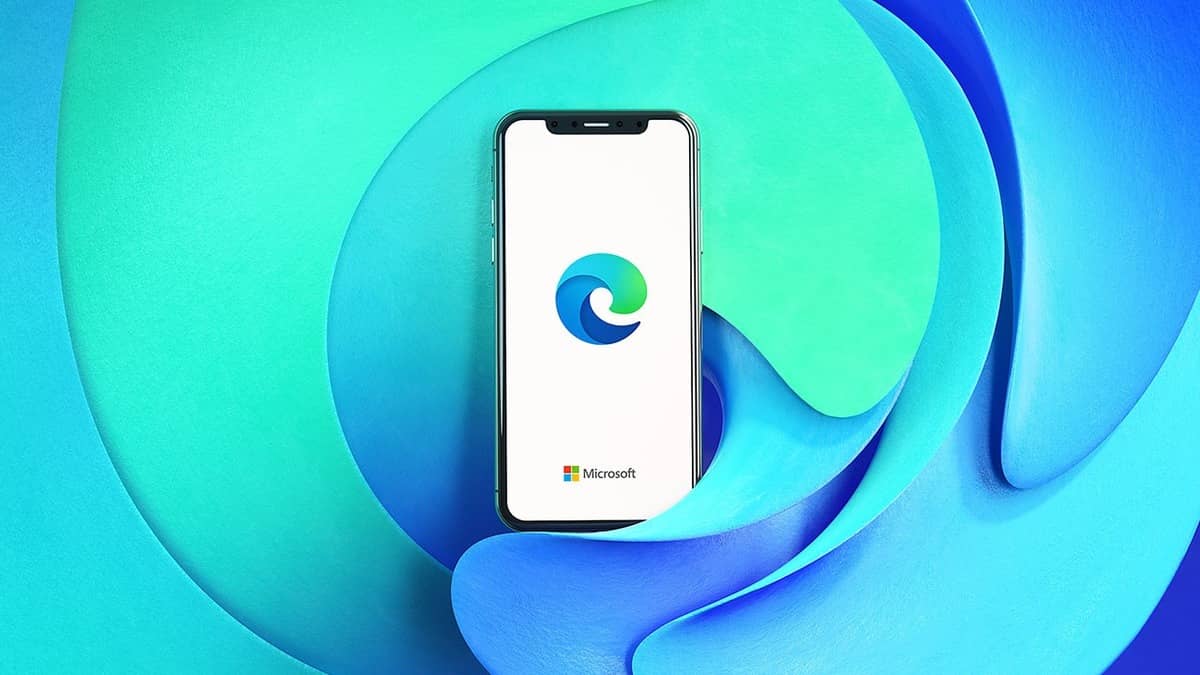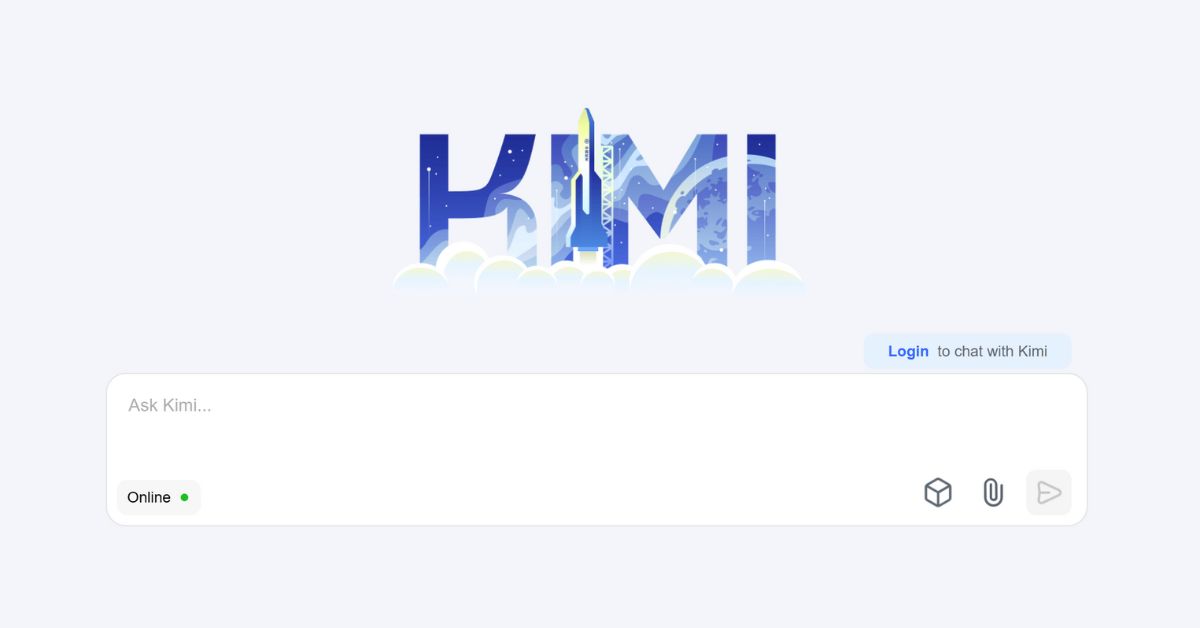Microsoft is making key changes to Windows for users in the European Economic Area (EEA) in response to the European Union’s Digital Markets Act (DMA). These updates aim to reduce the company’s promotion of its own products like Edge and Bing.
Starting with Edge version 137.0.3296.52, released on May 29, users in the EEA (which includes EU countries plus Iceland, Liechtenstein, and Norway) will no longer see repeated prompts urging them to set Microsoft Edge as their default browser unless they voluntarily open it.
Users can also now uninstall the Microsoft Store, though apps installed from it will still receive updates and the Store can be reinstalled.
Microsoft is also improving browser default settings. When users in the EEA set a different browser—such as Chrome, Firefox, or Brave—it will be pinned to the taskbar by default unless they choose otherwise.
The system will now apply the new browser choice to more file and link types, including “read,” ftp, and .svg, beyond the common types like https and .html. These changes are currently available to some beta users, with a wider rollout planned for Windows 10 and 11 in July.
Additional updates include allowing third-party apps to add their own web search results to Windows Search automatically upon installation.
Also, the Microsoft Bing app, Widgets Board, and Lock Screen will now open web content using the user’s default browser, not just Edge.
These changes mark a broader shift in how Microsoft complies with the DMA by giving users more control over their system’s software defaults.












Leave a comment